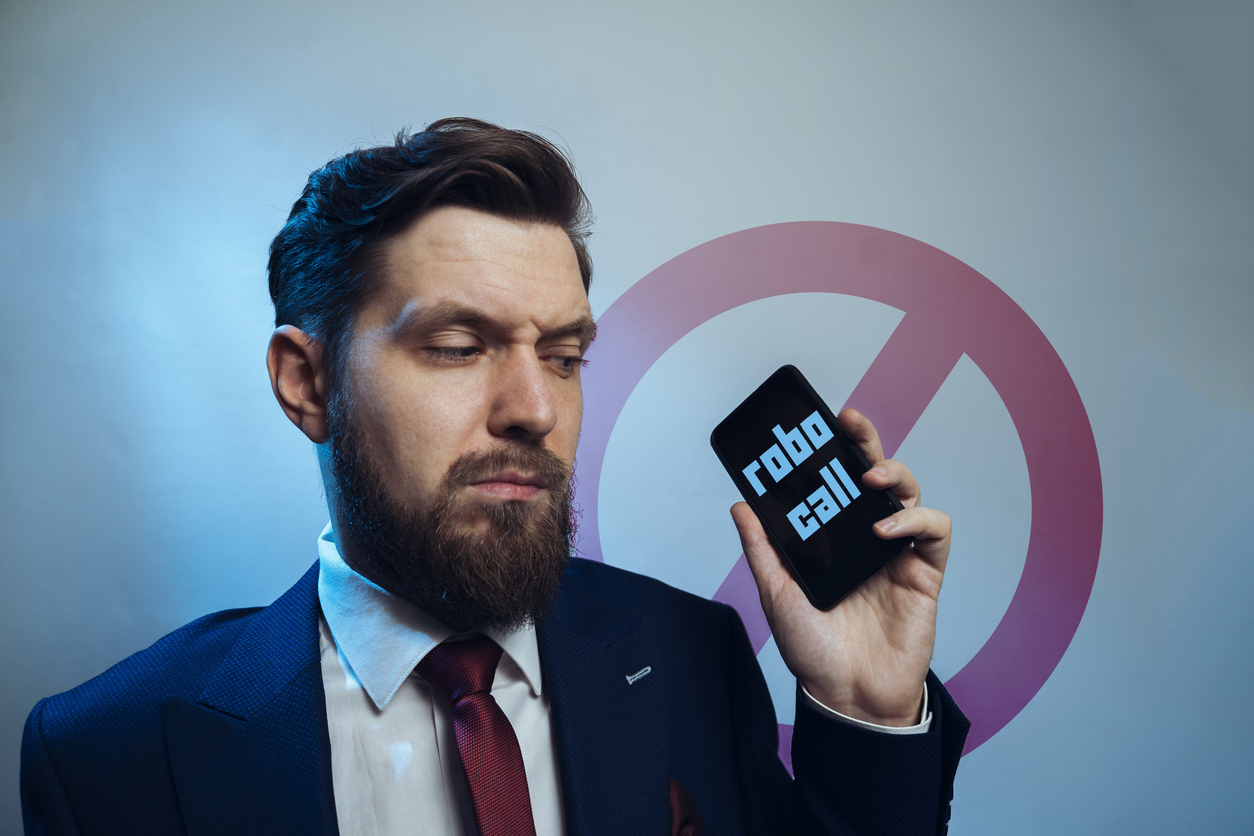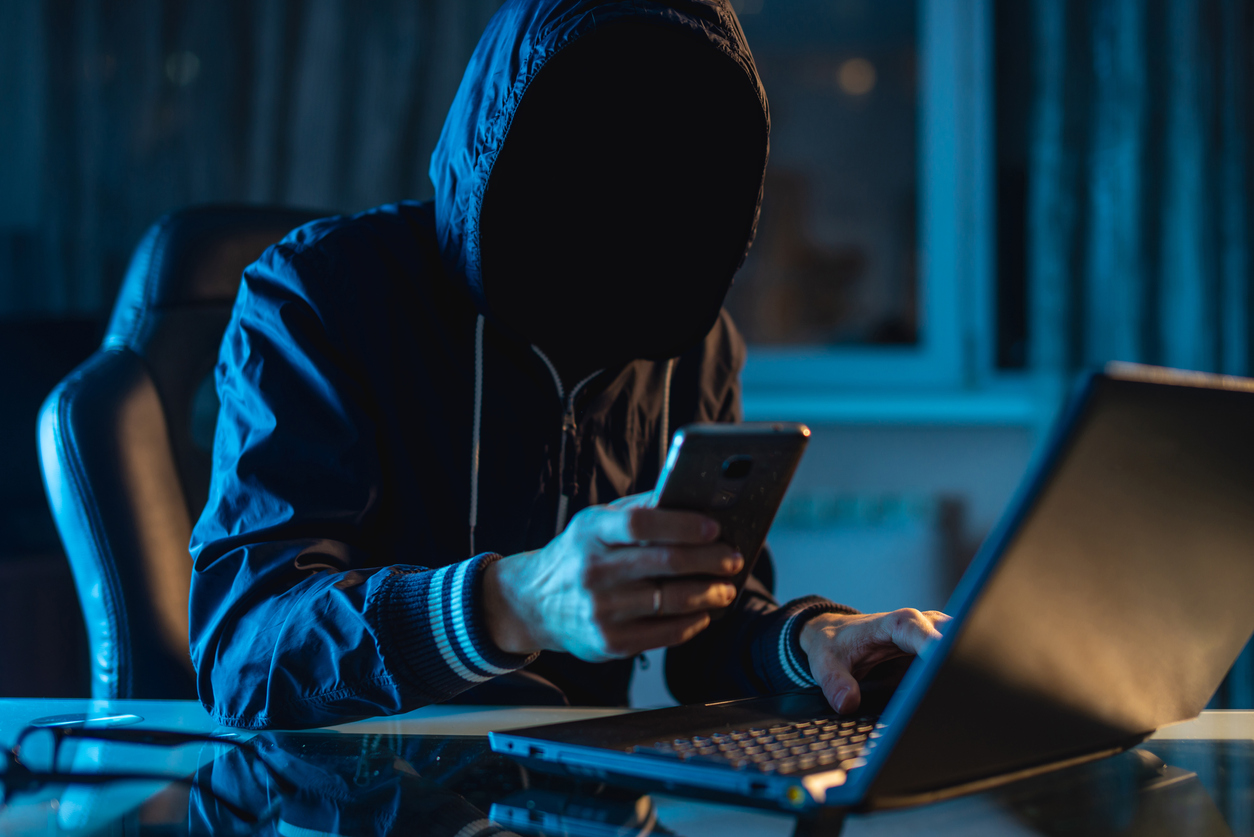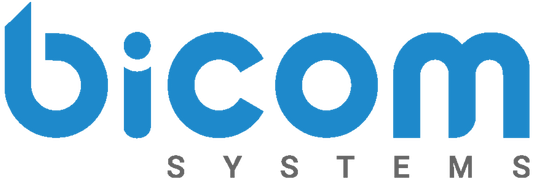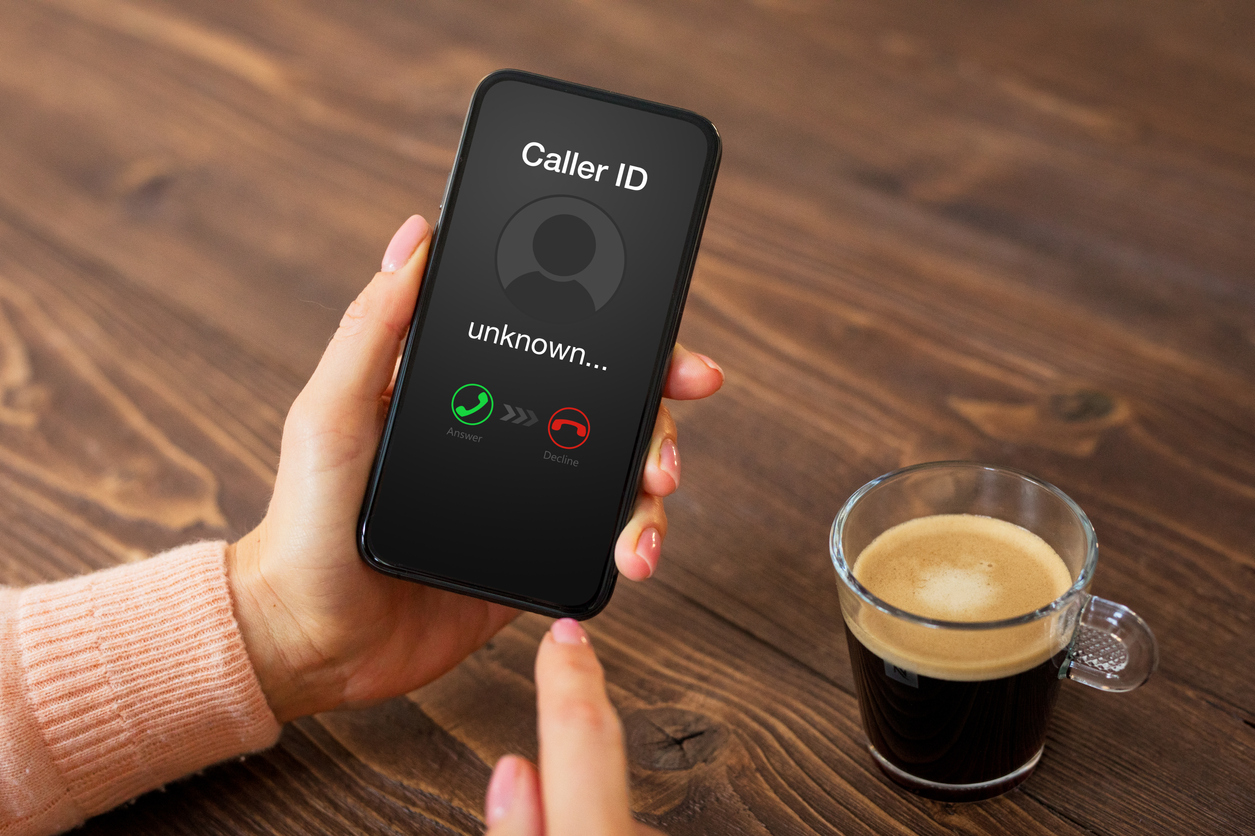By now, you’ve probably heard of the STIR/SHAKEN term. For those unfamiliar, here’s everything you need to know about this framework, as well as whether Bicom Systems is subject to it.
What Are Robocalls and How Did It All Start?
Let’s start with the source of the problem – robocalls. A robocall is an automated call that is activated when you answer your phone. It can be a reminder to take medicine, a pre-recorded message from your operator, or a telemarketer. Criminals and fraudsters use so-called ‘call spoofing’ to hide a phone number or show it as if they were someone else to deceive the recipient into answering.
Due to misuse and frequent financial fraud, illegal robocalls have become a significant problem for telecom operators. Billions of such calls that spam networks each month have led to the urgency for a new set of rules and procedures. Therefore, the FCC has ordered all providers to develop a security protocol to combat these problems.
The industry’s answer to that question is called STIR/SHAKEN.

What is STIR/SHAKEN?
Although it is reminiscent of the secret agent’s favorite drink from Ian Fleming’s novels, STIR/SHAKEN is something else entirely. It is an acronym that represents a complex industry framework for Caller ID verification.
STIR stands for Secure Telephony Identity Revisited, a set of technical standards developed by the IETF (Internet Engineering Task Force). Its purpose is to validate the caller’s identity.
SHAKEN is an acronym for Signature-based Handling of Asserted information using toKENs, a framework developed by the ATIS (Alliance of Telecommunications Industry Solutions) focusing on implementing STIR standards in the networks of voice service providers.
STIR/SHAKEN is a set of rules and procedures that raises calls’ security to a higher level. It achieves the aforementioned by verifying caller ID and assigning the ‘digital fingerprint’ to each call.

How STIR/SHAKEN Helps Bicom Systems’ Customers?
How Does It Work?
In essence, STIR/SHAKEN blocks unwanted calls and thus protects loyal users of your network. It does this by assigning a ‘digital fingerprint’ in the form of an encrypted certificate to each call. The certificate serves to confirm the legitimacy of the number behind the call. Each telecom operator must obtain certificates from the STIR/SHAKEN Certified Authority (CA).
The STIR/SHAKEN framework relies on three different levels of call attestation, with the (A) attestation being the one with the highest level of confidence by the service provider:
- Full Attestation (A) – calls originate from the same operator, unlike calls coming from another network or VoIP provider.
- Partial Attestation (B) – the service provider has authorized the user who dials the number but cannot verify his relationship to the number he wants to dial.
- Gateway Attestation (C) – The service provider has authorized the call on the network but cannot verify the originator of the call (e.g., the call is routed through an international gateway, or the user making the call uses outdated equipment).
Is it the Same As Call Blocking?
No, STIR/SHAKEN and Call Blocking features are not the same. This industry-developed framework relies on attestation ratings as an input for its algorithm to handle call authentication. This algorithm can consist of hundreds of different variables.
Does STIR/SHAKEN Apply To SMS Text Messages?
STIR/SHAKEN does not apply to SMS/text messaging, only to phone calls. The communication industry is evaluating the best authentication methods for SMS/text messaging.
Who Must Comply and When?
As requested by the FCC, all large phone companies were required to implement a STIR/SHAKEN by June 30, 2021. Smaller companies with fewer than 100.000 subscriber lines have two additional years.
Both Canadian and United States carriers must implement STIR/SHAKEN call authentication solutions. Each country has different legislatures and deadlines for the implementation.
Companies not classified as VSP are not subject to STIR/SHAKEN.

Here’s Why Bicom Systems isn’t Compliant With STIR/SHAKEN
Bicom Systems is not subject to STIR/SHAKEN law since we are not a Voice Service Provider. Also, our IP PBX software PBXware, the world’s first and most mature Open Standards Turnkey Telephony Platform, currently has no STIR/SHAKEN requirements.
SIP (trunk) providers should have everything implemented on their side, meaning that PBXware owners do not have to execute any additional activities with this process. All PBXware owners should confirm that the SIP provider has STIR/SHAKEN implemented, in which case, calls should not be dropped.
Conclusion
To conclude, here are a few bullet points that will help you better understand this topic:
- Clients do not need to do anything on their side to take advantage of the STIR/SHAKEN’s call authentication to ensure that their calls are verified.
- Bicom Systems is not STIR/SHAKEN compliant, as we are not a Voice Service Provider.
- Our product PBXware currently has no requests for the STIR/SHAKEN framework.
- STIR/SHAKEN currently only applies to calls, not SMS Text messages.
- The FCC requests every North American VSP to implement STIR/SHAKEN into its network.
- Small carriers with fewer than 100.000 subscriber lines have additional two years to implement STIR/SHAKEN within their networks (June 30, 2023).
- If your company is not a Voice Service Provider, it is not subject to the STIR/SHAKEN rule.
- To increase the chance of a higher attestation level, PBXware owners should make sure a valid Caller ID leaves the system (Caller ID should be within DID range).
Resources
Assuming you want to learn more about STIR/SHAKEN framework, regulations, and its deadlines, here are some links that could be more than helpful:
- The Federal Communications Commission (United States): www.fcc.gov,
- Canadian Radio-television and Telecommunications Commission (Canada): www.crtc.gc.ca.
If you want to learn more about Bicom Systems’ communications solutions, feel free to contact us by clicking here.
Disclaimer:
All details presented in this document are for informational purposes only and do not constitute any form of legal or regulatory advice. Bicom Systems highly recommends that all voice services providers seek consultation from legal and/or telecom compliance experts regarding your company’s obligations for STIR/SHAKEN and all other FCC rules and regulations.

